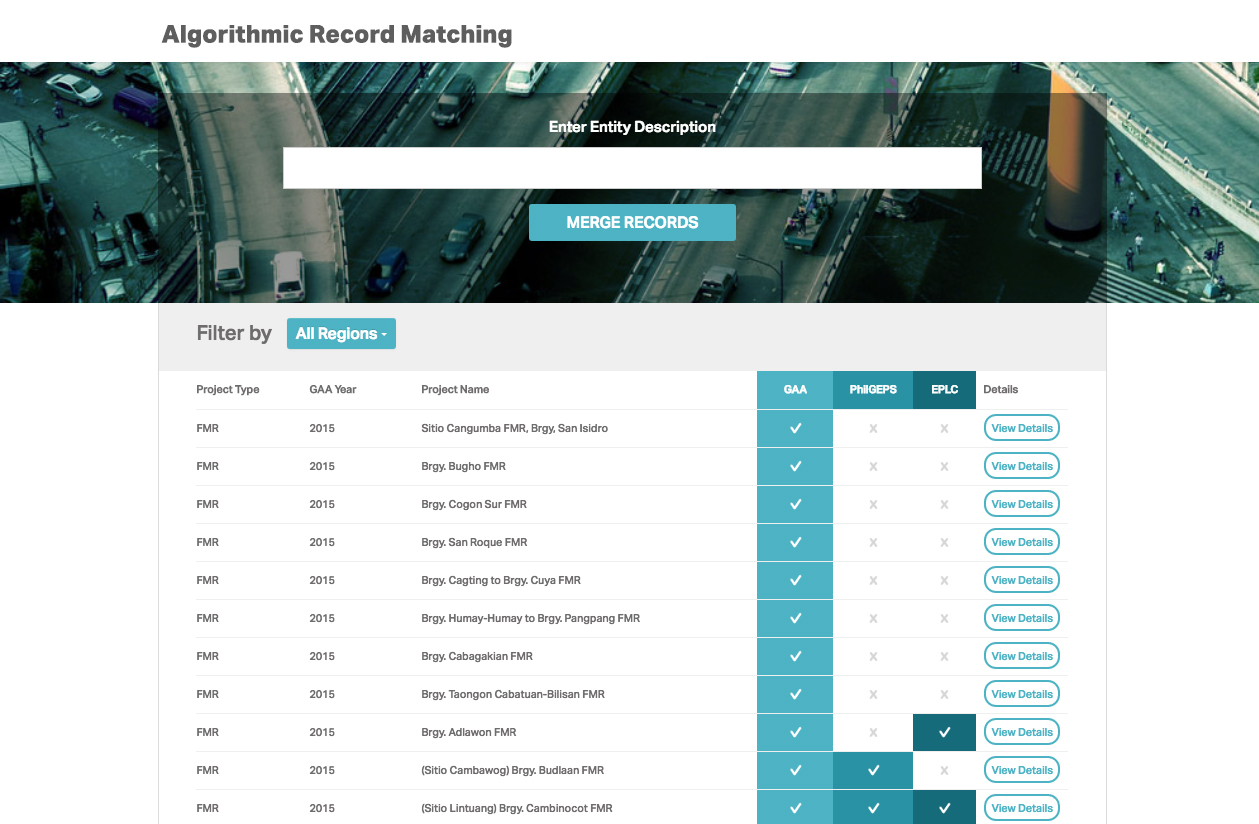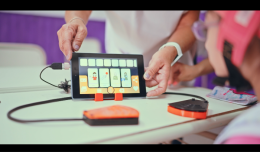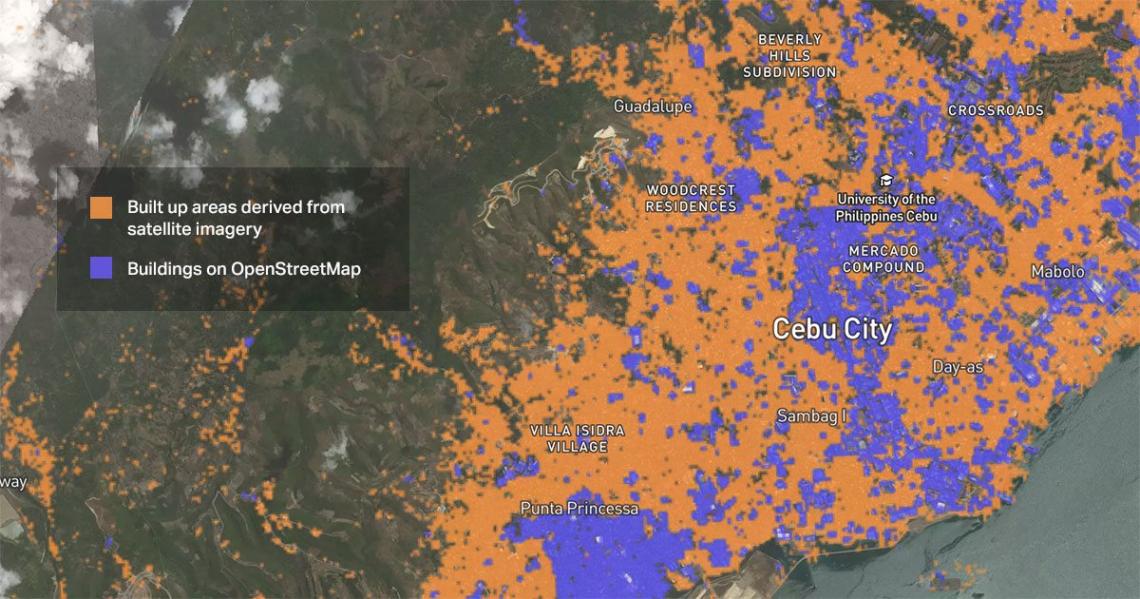main content start
Thinking Machines: Developing OnTrackPH – a robust record matching engine and web tool optimizing huge numbers of records and datasets.

We believe in open data, open source, open AI, and building great technology ecosystems.
Related Stories

Portfolio News
AGUA: Revolutionizing Global Collaboration for Funding Transparency (with Growth Graduate Atix Labs)
Mar 04 , 2024

Portfolio News
Sep 26 , 2023

Portfolio News
Sep 26 , 2023

Portfolio News
Sep 25 , 2023

Portfolio News
Sep 25 , 2023

Portfolio News
Sep 25 , 2023
